Recycling PET Bottles: A Promising Business Opportunity in Need of a Comprehensive Approach
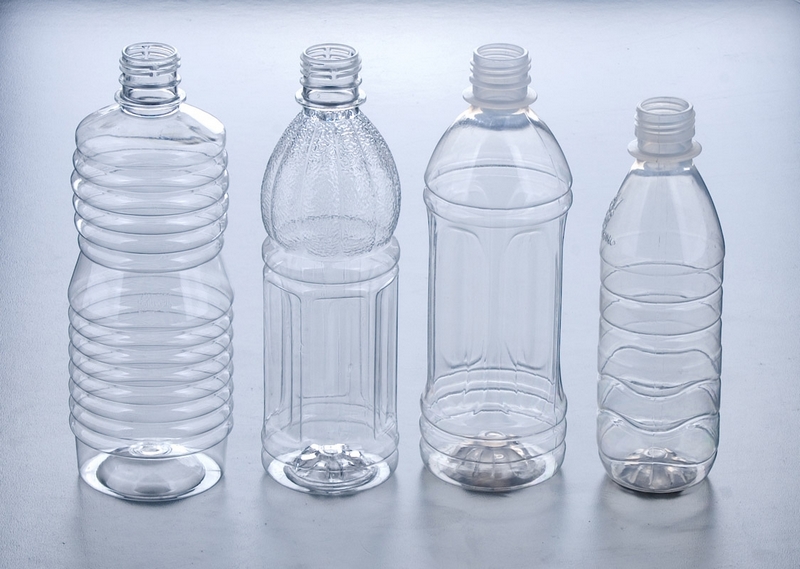
💡 Want more business insights? Stay ahead of the curve with our exclusive updates!
👉 Join our Telegram channel for daily business ideas and expert tips.
👉 Follow us on Facebook to never miss a trend or update!
Don’t just read—connect, grow, and innovate with us today!
Recycling raw materials is often presented in business blogs as an extremely simple business idea to implement. Just collect discarded items, resell them, and earn a legal profit!
However, in reality, it's not as easy as it seems. The easy money in this field is only a fantasy of yesterday's school kids. In previous posts, we have already talked about challenging types of businesses, such as collecting and recycling waste paper. A similar situation exists in the field of recycling PET bottles, but there are specific features that can help turn this business idea into a high-income enterprise.
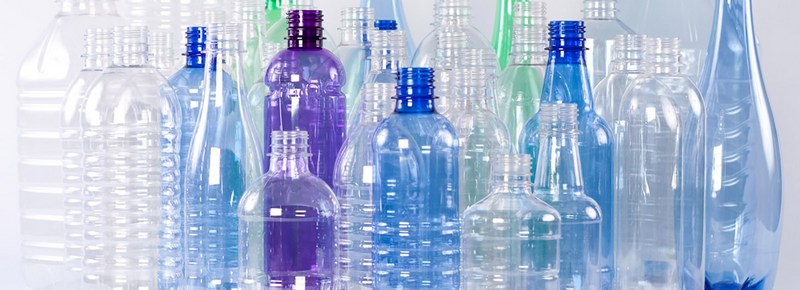
The business idea based on recycling PET bottles has a fairly high potential but requires global thinking and substantial initial capital.
Exploring the Main Challenges
Many companies in our country have been involved in collecting raw materials since the early '90s. However, working with PET bottles started relatively recently. Therefore, the market is quite immature, with difficulties in organizing the collection of discarded bottles and marketing the recycled product. Each of these challenges needs careful consideration.
Seeking Raw Materials:
It might seem simple to find discarded plastic bottles by just going to the nearest landfill where you see stacks of plastic...
But there is a significant problem. All recycled materials are gathered at landfills, dumps, or just on the streets by people living in poverty.
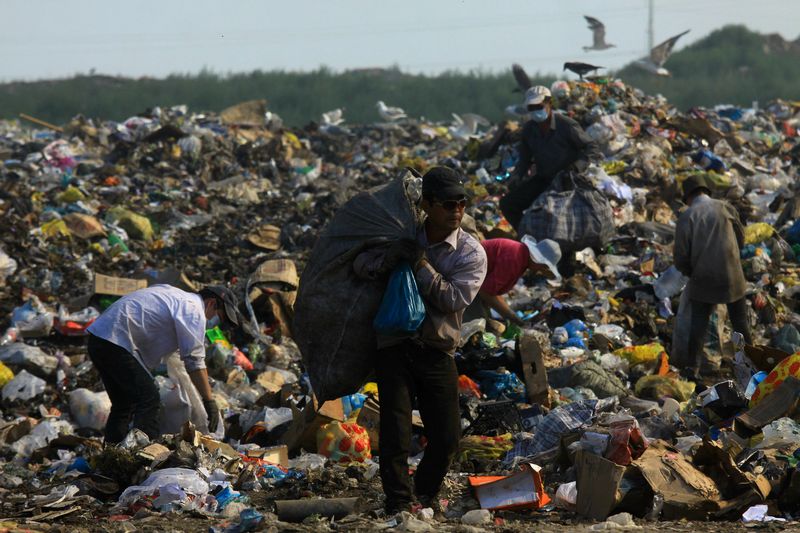
In some cities, containers are placed for separate waste collection, and some are intended for plastic. This should make plastic collection easier, but in reality, companies using these containers primarily utilize them for advertising. The plastic is simply taken to the landfill.
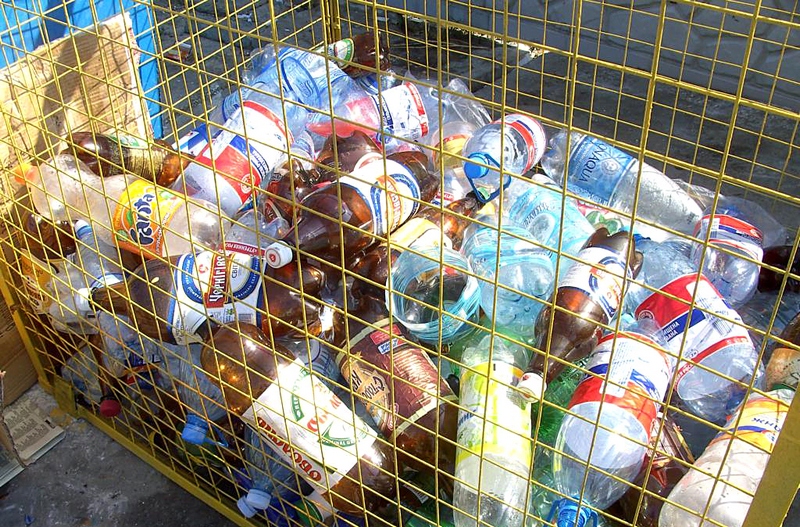
Now imagine the conditions of collecting "raw materials" at "landfills and dumps." Even homeless individuals are not keen on scavenging through heaps of decaying garbage. Plastic is very lightweight but voluminous. It is weighed like metal and paper. This creates problems even at the collection stage of raw materials. Many people are interested in bringing any pay-worthy trash to collection points. However, they bring in paper, various metals, and some types of plastic, as those collecting raw materials have their own financial interests. They need a SPECIFIC AMOUNT for daily expenses. It's much easier for them to earn this amount by delivering batches of cardboard or metal to the collection point several times a day. Plastic doesn't interest them much...
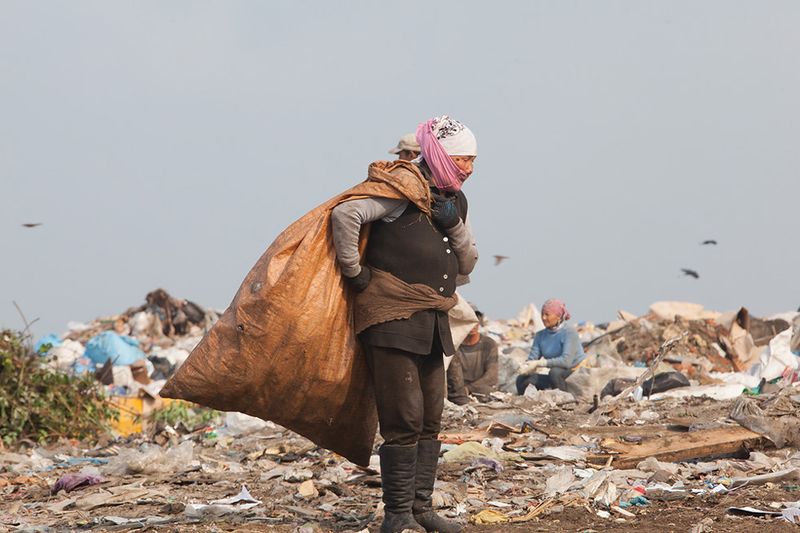
All problems arise due to the voluminous and lightweight nature of plastic. Collectors of raw materials without their own transportation need to burden themselves with a bag of plastic of massive volume to make the same money as a compact bag of metal. Therefore, the approach to collecting raw materials for recycling should be somewhat different than collecting paper and metal scrap.
Marketing the Finished Product:
The second challenge is finding a buyer for the plastic bottle recycling product. "Flex" - finely chopped plastic raw material - is produced from plastic bottles. A wide range of products can be manufactured from flex, but in our country, there are not many enterprises willing to consistently purchase large quantities of flex. Hence, most businesses in this field cannot fully utilize their capacities.
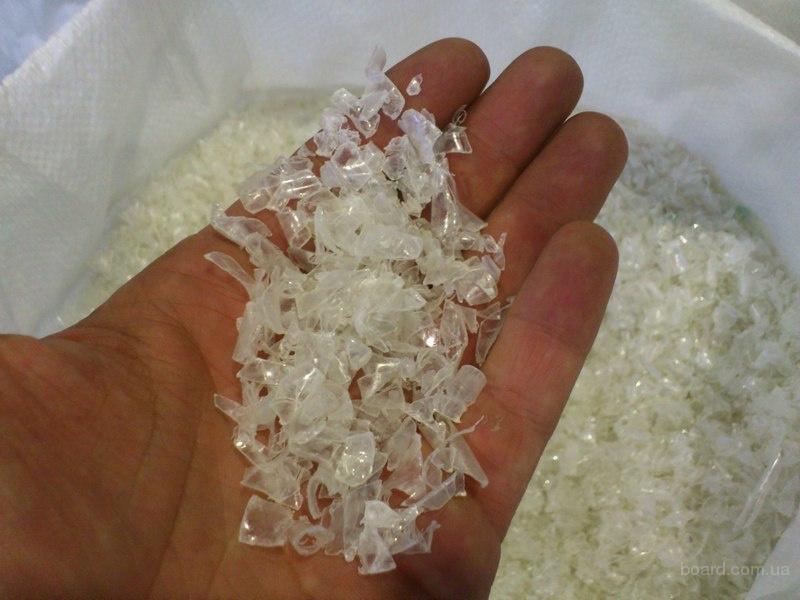
However, there are significant prospects. For example, China imports flex in huge quantities. If you establish a market for your raw material abroad, you can reach a very high level of business.
Optimal Organizational Strategy
First and foremost, you need to organize the raw material collection. This involves arranging with landfill owners to collect plastic from their sites. The next step is to hire people who are willing to collect plastic at landfills for you. It will be much easier for you to pay these employees a wage than to incentivize the population to independently search for and bring plastic bottles to you.
Next, the processing organization. There are two options: purchasing a "mobile processing center" or setting up a stationary plant + establishing efficient logistics.


In the beginning, you will need to collaborate with domestic buyers, but to reach a significant level, you should initially aim to work with foreign buyers. The most potential for collecting and recycling PET bottles lies in working with foreign plastic product manufacturers - exporting flex can lead to substantial profits.
As you can see, working with waste collection and recycling is very promising. Moreover, unlike collecting metal scrap, the PET bottle recycling sector is still underdeveloped in our country. With the right effort, you can take a leading position in the market.
If you enjoyed this article, share it with your friends. Perhaps someone among them will want to start this business, making our planet a little cleaner.
💡 Want more business insights? Stay ahead of the curve with our exclusive updates!
👉 Join our Telegram channel for daily business ideas and expert tips.
👉 Follow us on Facebook to never miss a trend or update!
Don’t just read—connect, grow, and innovate with us today!














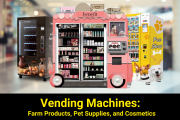






















.jpeg)













Note: Comments are being moderated and may take a while to appear. There is no need to resubmit your comment.